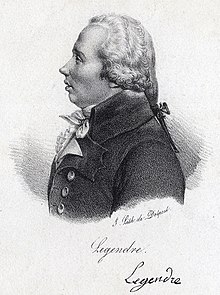
Week 4, Day 2
Lab 2
Revisions Due Friday
Please make sure you submitted reflections with your revisions! If there are not revisions present when I start grading them on Saturday morning, your revisions are not eligible to be regraded.
Statistical Critique
Common Mistakes
“What variables go with each aesthetic?”
- I need you to be specific about what variable is being mapped to each component of the plot
“Careful! Aesthetics are places where variables are being included on the plot, which is different from stylistic decisions made by the illustrator. Which of these aesthetics are associated with variables?”
- Things like axis titles, grid lines, and annotations are stylistic decisions made by the plot creator. Aesthetics are places where variables are being included in the plot.
Statistical Critique Revisions
Are due on Wednesday, May 7.
Next week the focus will be to get your Midterm Project first draft out the door, so we will postpone the revision deadline until the following week.
You are welcome to complete your revisions before then!
The History of Regression
Least Squares
Published in 1805 by Legendre
and Gauss in 1809
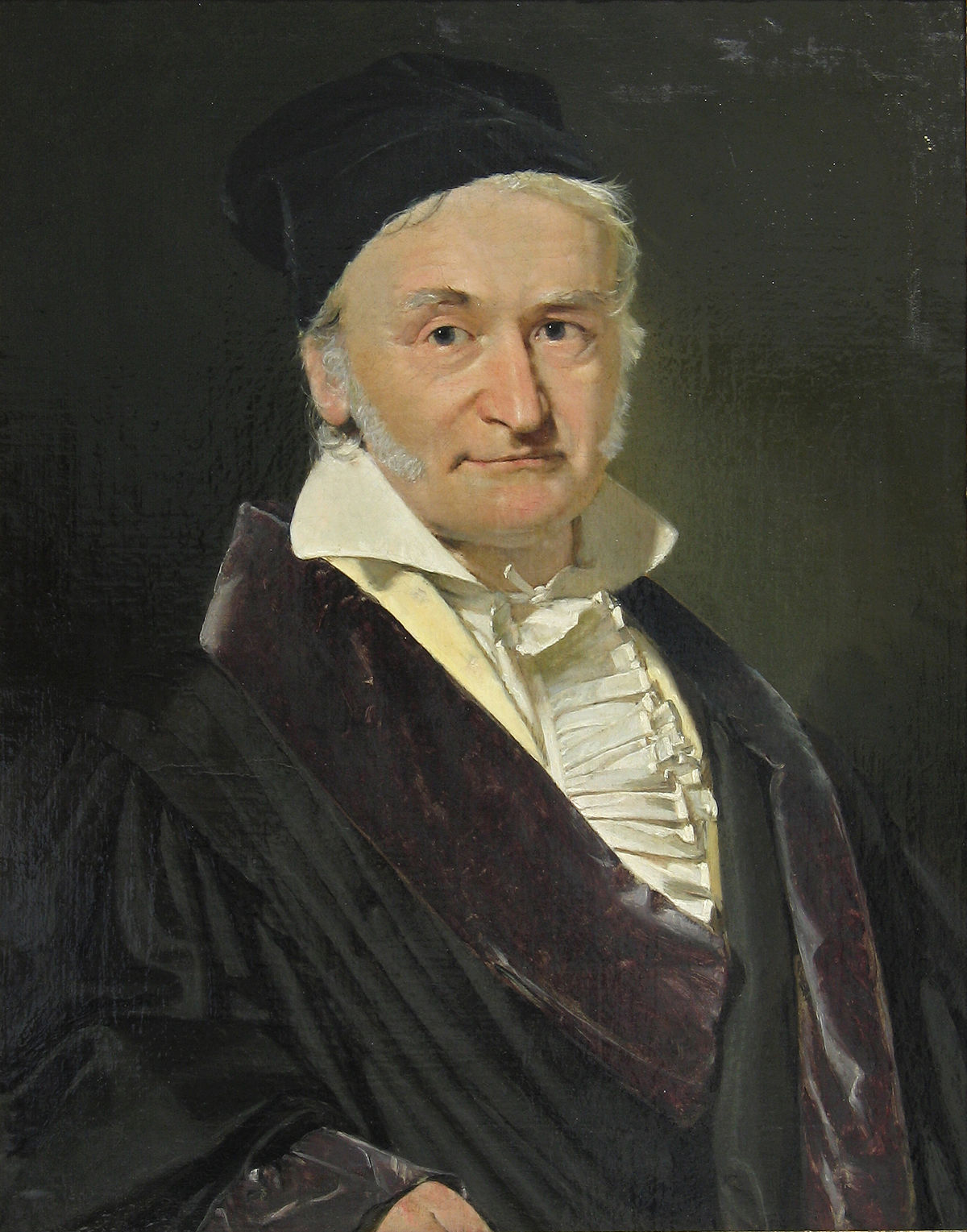
Used to determine, from astronomical observations, the orbits of bodies about the Sun.
“regression”
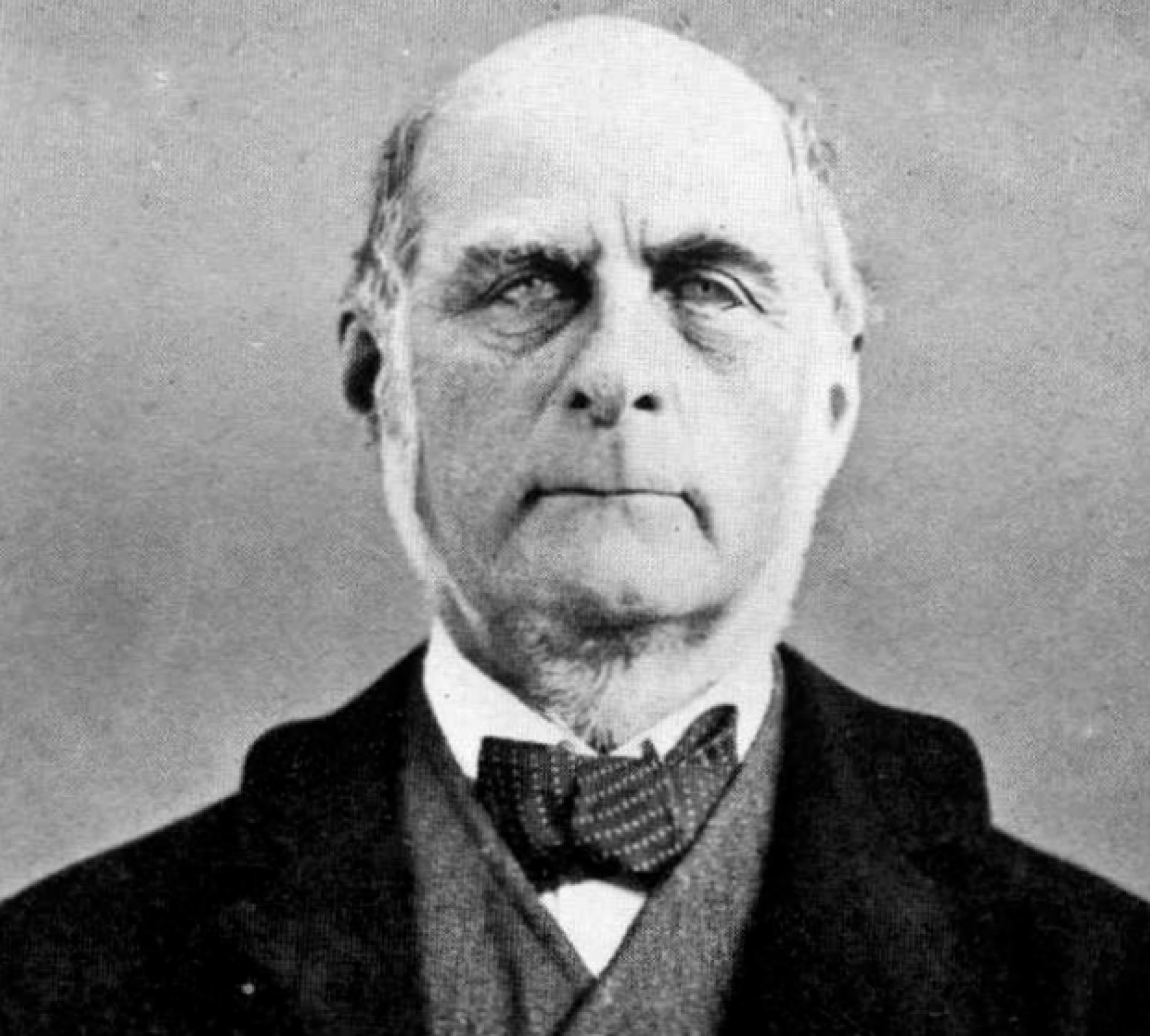
Coined by Francis Galton in the 19th century
Described a biological phenomenon
- Heights of children of tall parents tend to be tall, but shorter than their parents
- “regression to the mean”
A “polymath”
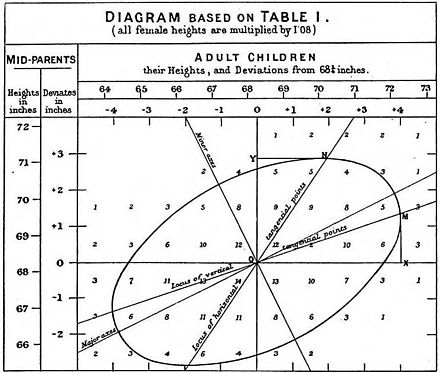
In Statistics, Galton (1822–1911) is a towering figure.
He invented standard deviation, correlation, linear regression, ANOVA
Galton’s developments and discoveries were fueled in large part by his fascination with the science of heredity.
The Invention of Eugenics
Based on Greek eugenes, meaning “well-born”
The science of heredity could help humanity better itself through breeding.
Galton served as founding president of the British Eugenics Society
“What nature does blindly, slowly and ruthlessly, man may do providently, quickly, and kindly. As it lies within his power, so it becomes his duty to work in that direction.”
Francis Galton
And then it spread…

Mein Kampf references the ideas of British and American eugenicists
Declared non-Aryan races inferior
Believed Germans should do everything possible to make sure their gene pool stayed “pure”
But wasn’t that a long time ago?
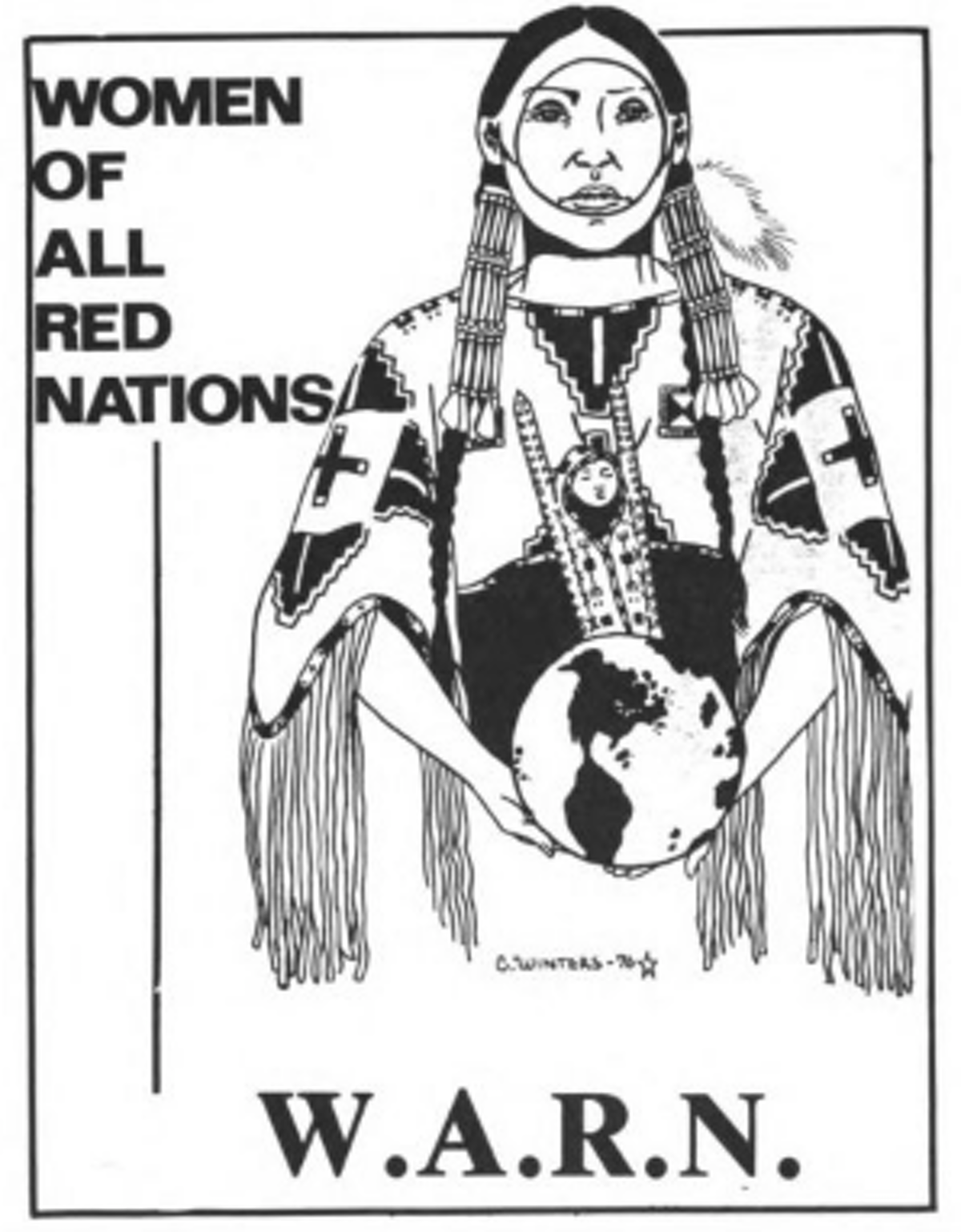
Between 1970 and 1976 between 25% and 50% of Native Americans were sterilized, many without consent

In 1927 the US Supreme Court ruled that sterilization of the handicapped did not violate the Constitution.
In 1957 “conservatorship” was introduced “to avoid the stigma of incompetency”
Would you be in this class?
Is your skin white?
Are you blonde?
Do you have blue eyes?
Were your ancestors poor?
Are you Muslim, Hindu, Buddhist, Sikh, Tao, or Jewish?
Do you identify as LGBTQIQ+?
More Information
- Radiolab Presents: G
- “G” is a multi-episode exploration of one of the most dangerous ideas of the past century: the concept of intelligence.
- https://radiolab.org/series/radiolab-presents-g
- How Eugenics shaped Statistics
Lab 4
Today’s Data
Data includes lake name, dates of freeze-up and thaw, and duration of ice cover of lakes in the Madison, WI area. Ice cover duration is the number of days that a lake is frozen, excluding periods where the lake thaws before refreezing again. Lakes Monona and Wingra are considered to be frozen if they are completely ice covered, while Lake Mendota is considered to be frozen if there is ice from Picnic Point to Maple Bluff and more than 50% of the lake is covered by ice.

Research Question
Has the duration of ice cover changed over the last 175 years?
Data Layout
| lakeid | ice_on | ice_off | ice_duration | year |
|---|---|---|---|---|
| Lake Mendota | 1880-11-23 | 1881-05-03 | 161 | 1880 |
| Lake Mendota | 1932-12-10 | 1933-04-04 | 115 | 1932 |
| Lake Mendota | 2003-01-04 | 2003-04-03 | 89 | 2002 |
| Lake Mendota | 1953-12-30 | 1954-03-25 | 85 | 1953 |
| Lake Monona | 1963-12-18 | 1964-03-19 | 92 | 1963 |
| Lake Monona | 1989-12-07 | 1990-03-15 | 98 | 1989 |
| Lake Monona | 1985-12-06 | 1986-03-29 | 113 | 1985 |
| Lake Monona | 1996-12-20 | 1997-03-26 | 96 | 1996 |
Recording the year of the winter
How is the year variable related to the ice_on and ice_off variables?
Accessing Lab 3
Step 1: Both members of your group need to join your group workspace (link posted in the Announcements of your group)
Roles
The person whose birthday is closest to January 1 will act as the Recorder for your group (this week).
Step 2: The Recorder follows these instructions to copy the Lab 2 project into your group’s workspace
Step 3: Both members open the Lab 3 assignment in your group workspace!
Step 4: Follow the final instructions to activate collaborative editing in the document.